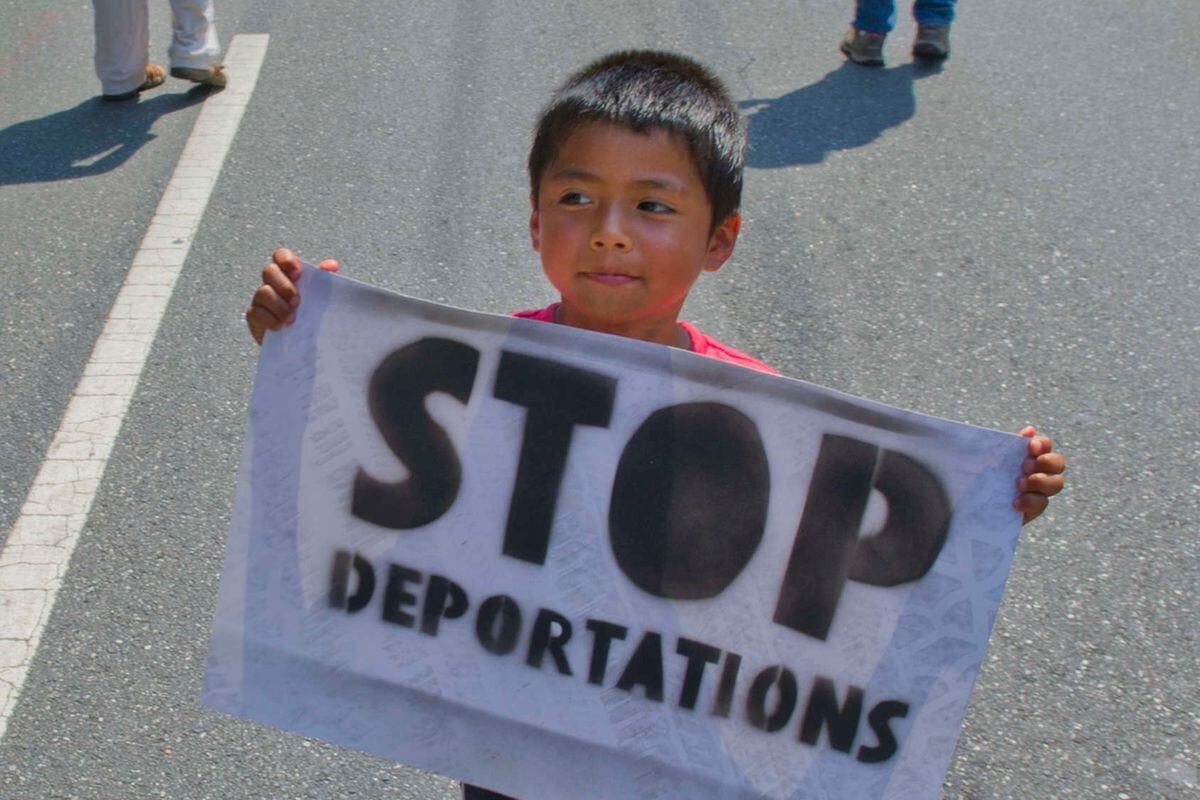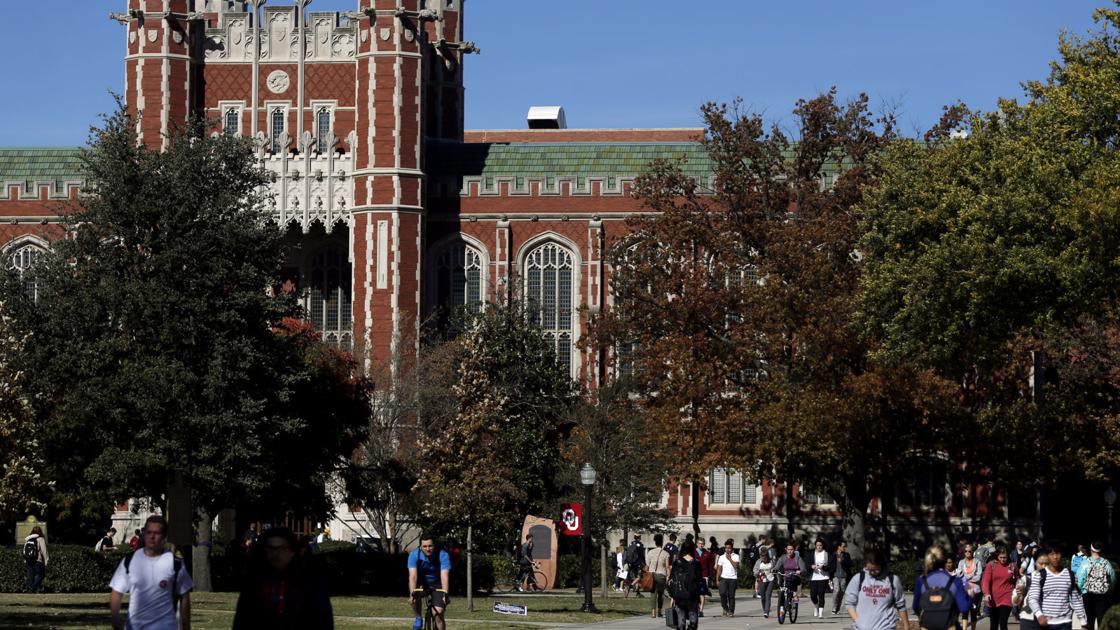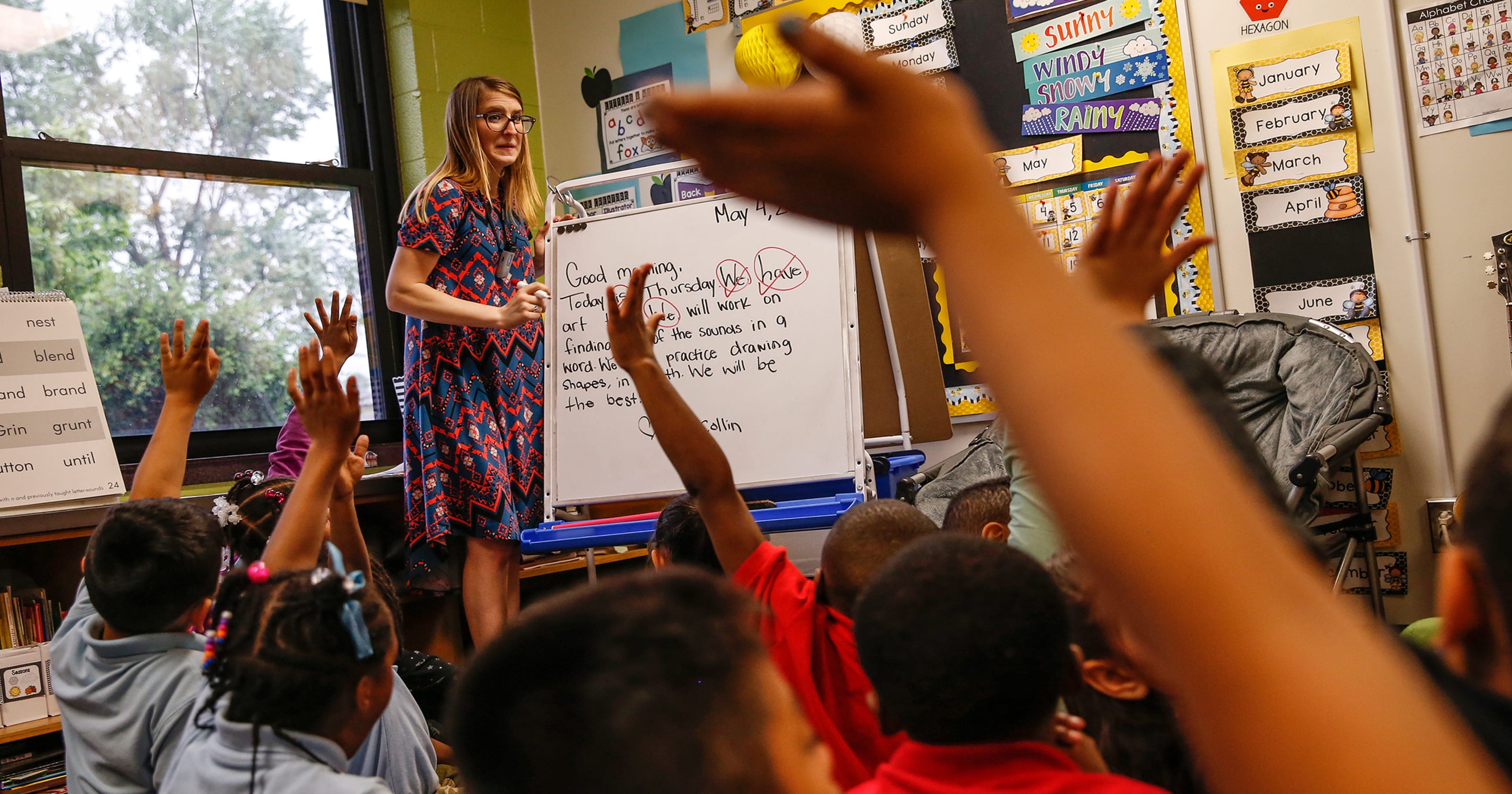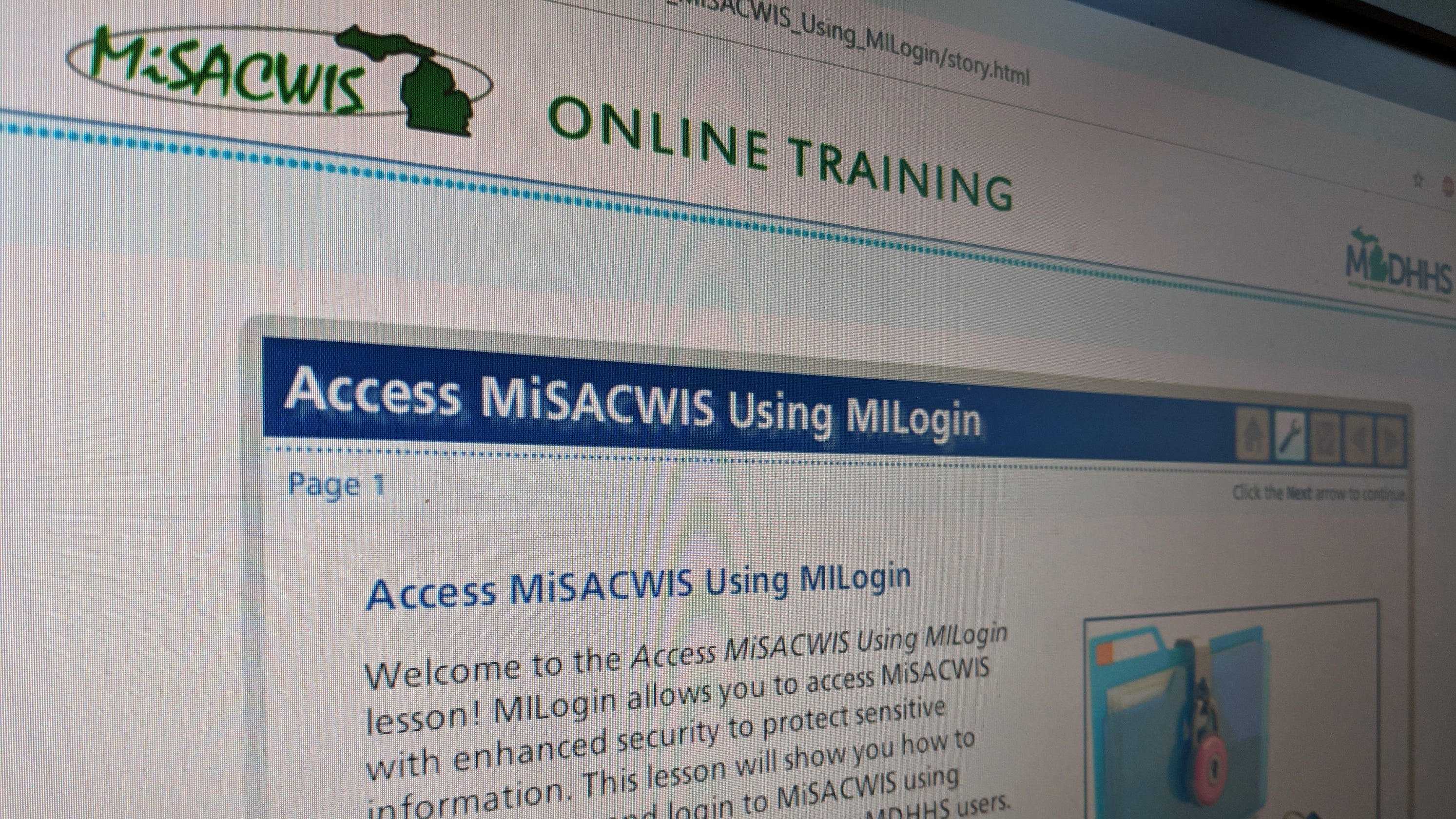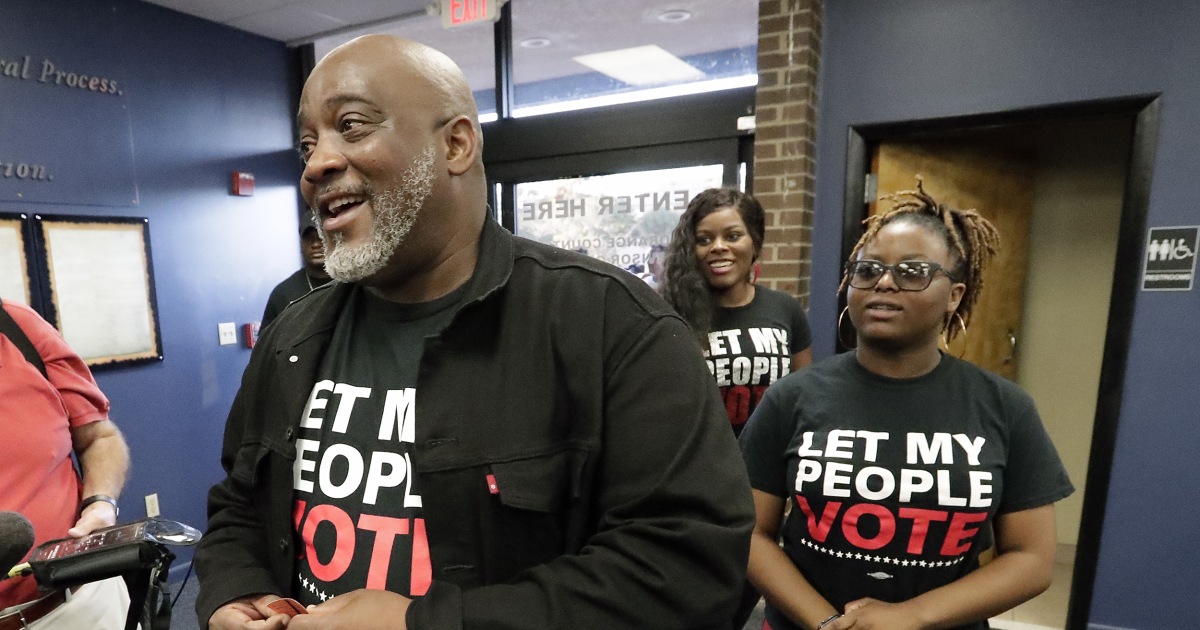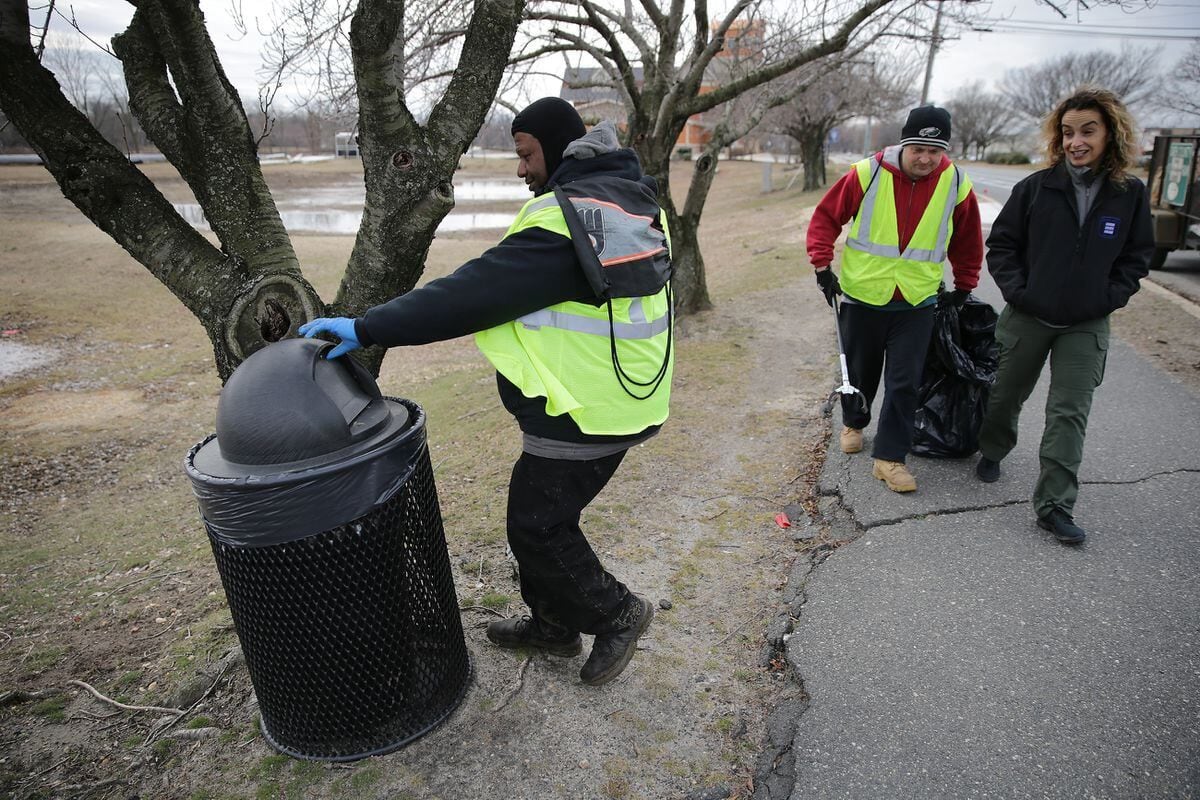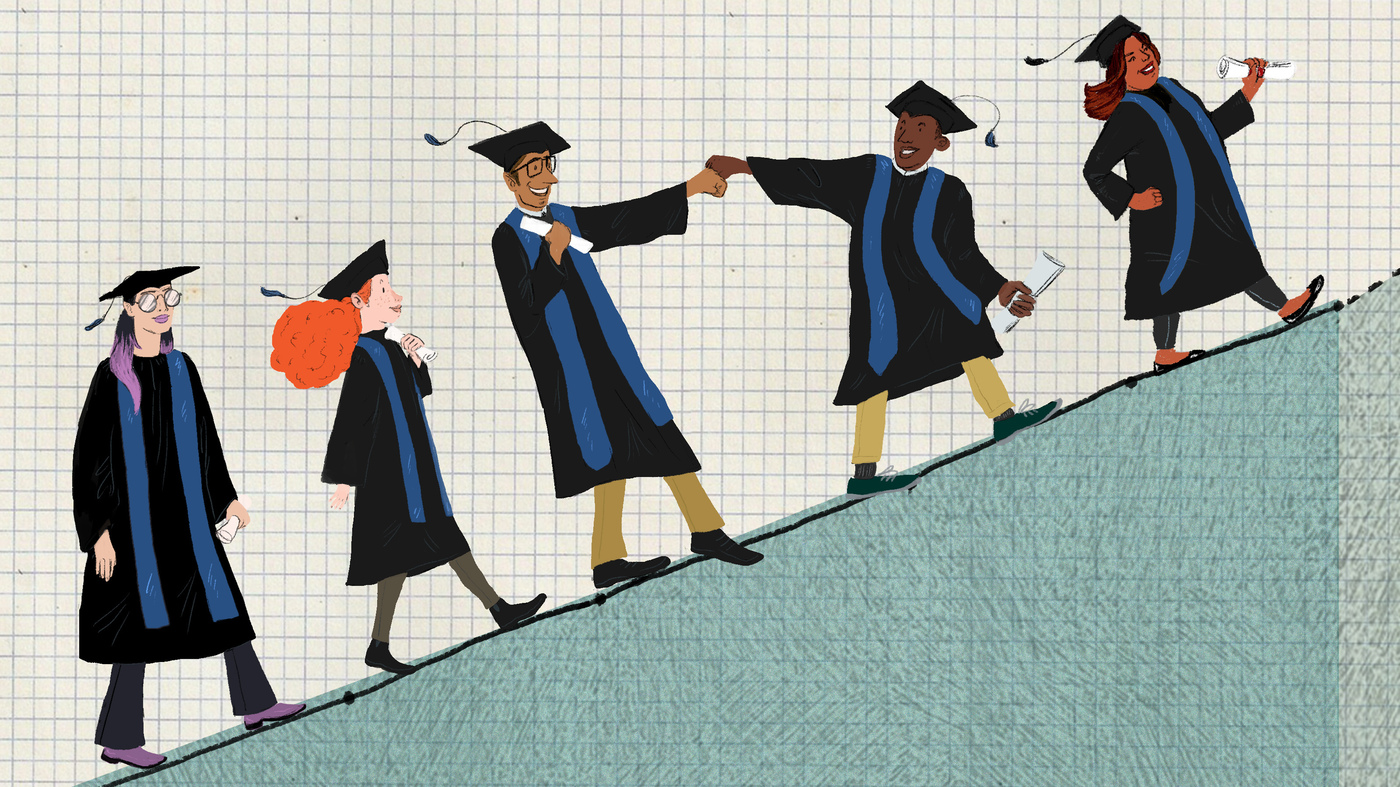At least 10,233 people are homeless, the most since 1991.
Minneapolis is launching its most aggressive effort yet to help homeless students succeed in school at a time when homelessness in Minnesota is at a record high.
Low-income households can wait more than 10 years for a voucher that subsidizes rental payments to private landlords. But in a drum-tight Southern California housing market, those lucky enough to get a voucher increasingly can’t find a landlord willing to take it.
Housing in a quarter of rural counties has gotten a lot less affordable.
An analysis shows the Detroit mortgage remains anemic at best, and, at worst, nonexistent in large parts of the city, and is a drag on recovery.
The wage gap among races in Fresno County, California, got smaller from 2007 to 2017. But a new analysis by the Brookings Institution shows that wasn’t enough to keep poverty from rising due to a sluggish economy.
Keeping track of debt drains your mental resources.
The public comment period for the Trump administration’s proposal ends next week. Researchers say “hunger will likely increase” if it takes effect.
Proposed changes in immigration rules by the Trump administration are “creating all kinds of fear that immigrants are being targeted.”
The federal government provided additional food stamp aid to Puerto Rico after Hurricane Maria in 2017, but Congress missed the deadline for reauthorization in March. Federal lawmakers have also been stalled by the Trump administration, which has derided the extra aid as unnecessary.
For the first time, states are using waivers to curtail coverage.
As states like Wisconsin get ready for Medicaid work requirements there’s concern over how many could lose health coverage and what an increase in those without insurance could mean for hospitals.
Marianna provides an early reality check on how hard it is to carry out President Trump’s vision of a social safety net that requires most able-bodied people to work – or try to work – when few jobs are to be found.
The ruling is a blow to the Trump administration, which has approved work requirements in seven other states and is reviewing applications from eight others.
The Trump administration’s plan to force some Medicaid recipients to work to maintain benefits took another hit Wednesday when a U.S. district judge blocked such work rules in Kentucky and Arkansas.









